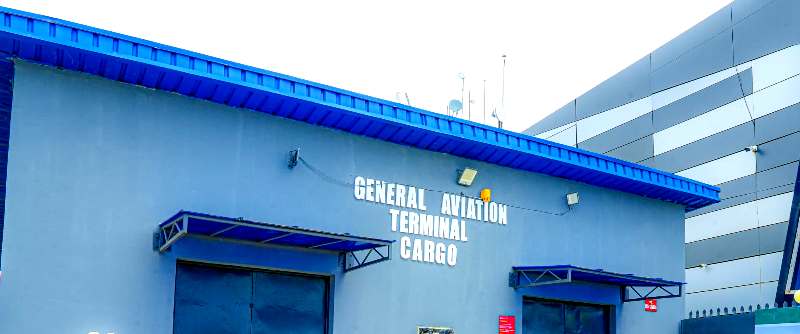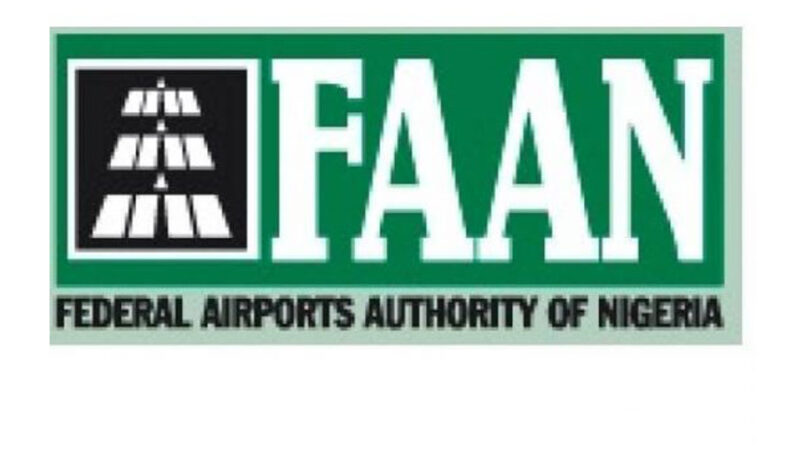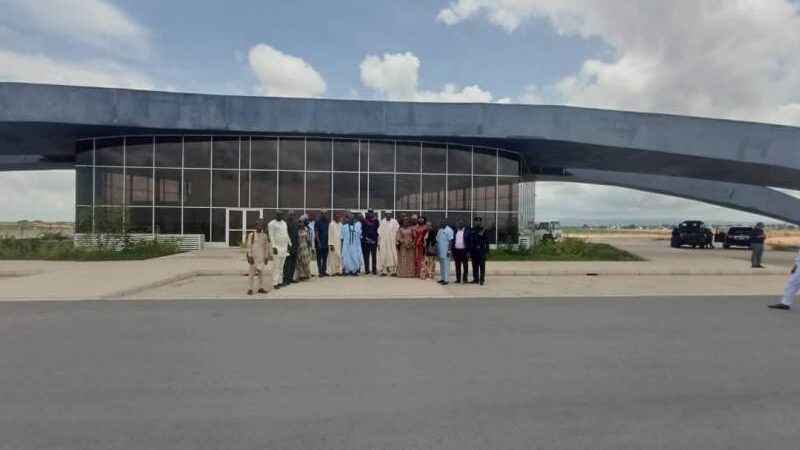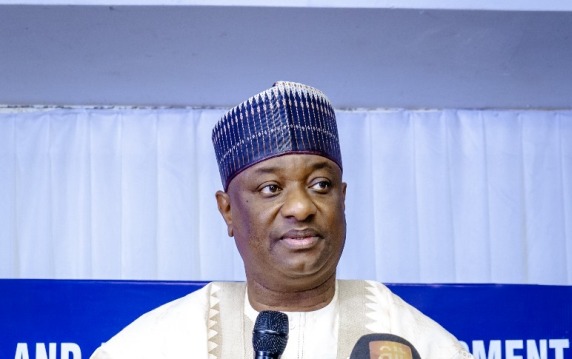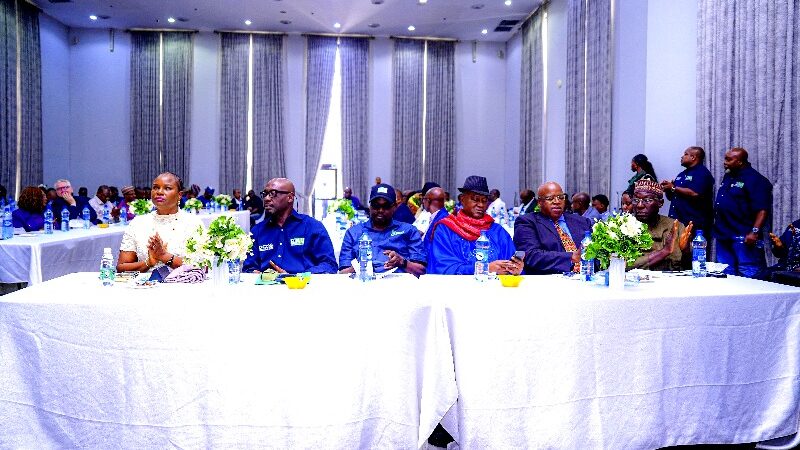Keyamo, Stakeholders Seek Industry Financing Solutions

The Minister of Aviation & Aerospace Development, Festus Keyamo (SAN) says there is need to deploy alternative financing models through private public partnerships instead of waiting for the government for all the required funding regarding airlines, infrastructure, airports and other aspects of Nigeria’s aviation industry.
Keyamo who spoke through the Managing Director, Chief Executive of Federal Airports Authority of Nigeria (FAAN), Mrs. Olubunmi Kuku at the South West Regional Transportation Summit 2024 held in Lagos, said there is need to leverage technology, “improve our operations and further reduce our operating costs.”
Theme of the Summit was “Repositioning The Nigerian Aviation Industry For Financial Capability and Economic Viability: An Inclusive Regulatory Dialogue” and the Acting Director General, Civil Aviation, Nigeria Civil Aviation Authority (NCAA), Capt. Chris Najomo, represented at the event by NCAA’s Director, Airspace and Aerodrome Standards, Engr. Godwin Balang, said one of the objectives of the summit was to bring together, critical stakeholders to advocate for adequate funding, sound financial management and operational safety in the sector.
In his presentation titled Strategic Funding For Sustainable Growth In The Nigerian Civil Aviation And Air Transportation Sector-Regulatory Imperatives, Dr. Jekwu Ozoemene (FCIB) of The Alternative Bank said the sector requires strategic funding to achieve sustainable growth even though Nigeria’s aviation sector contributes significantly to the national economy, accounting for approximately 0.6% of GDP. He stressed that inadequate funding hinders growth, safety, and competitiveness and that effective regulatory frameworks are crucial for attracting investment and ensuring sustainable development.
He identified the finance challenges of the sector as aging infrastructure and low level investment, high operating costs, forex scarcity, currency validity and limited access to financing and capital markets as well as regulatory inconsistencies. He called for establishment of an Aviation Development Fund, a dedicated funding for infrastructure development, safety enhancements, and human capacity building, encouragement of private sector investment in airport infrastructure, air navigation services, and aircraft maintenance, liberalization of Air Transport Policies by relaxing tax regulatory restrictions to increase competition, efficiency, and innovation, enforcement of International Civil Aviation Organization (ICAO) standards and recommended practices and training and development programmes for regulatory agencies and industry professionals.
He proposed funding options such as Green Bonds for financing sustainable aviation infrastructure projects, infrastructure Investment Funds that will attract private equity and pension funds, Airport Concessions to private concerns and other Innovative Funding Solutions, including government guarantee of private sector loans. He also proposed syndicated loans where multiple banks form a consortium to pool funds, share risks, and provide loans to the aviation industry.
In his presentation titled Leveraging Global Aviation Finance Mechanisms Reminiscence of the Cape Town Convention, Dr. Emeka Okengwu of Gulf Pole Concerns Limited said “airlines aren’t inherently profitable, but aircrafts are, if its legal and operational covenants guiding its eco-system are adhered to strictly.”
He noted that while Singapore, with a population of 6.03million, registered 16.5 million passenger movements through Changi Airport in the first three months of 2024, Hong Kong, with a population of 7.5 million, recorded a 12-month rolling passenger volume of 44 million while Nigeria is over 200 million population but records far below these numbers.
“These figures highlight significant potential for passenger traffic when favourable economic conditions align with strategic investment,” he said.
He identified Finance providers as traditional bank debt, Capital Markets, Export Credit Agencies, Manufacturers, Hedge Funds/private equity, operating Lessors, Insurance Companies and Arrangers. He said Nigeria with 33 airports, 13 airstrips, four military airfields and 128 sites with helipads has potentials but that no Nigerian airline is listed on the global alliances or even as the associate member or inter links co-share, showing there are obvious Systemic issues that bother on absence of functional Corporate Governance Structure among airline operators.
“Passenger traffic with over 92% concentrated around three major airports (Lagos, Abuja and port Harcourt) was put at 15.89 million in 2023, a fall of over 0.28 million from the 16.17 million statistics of 2022. As a result of above, Nigerian airlines operate point –point and scheduled integrity is placed at about 62%.”
He stated that the present leadership of the Nigerian aviation industry has shown
capacity to place it on the global aviation market and concerted efforts must be made to create the pathways into the global alliances if the Nigerian aviation sector would stand a chance of playing at the world stage.
In his presentation titled Harnessing The Opportunities In Global Aviation And Air Transportations System For National Economic Growth And Development: Inclusive Regulatory Dialogue, Mr. Oluseyi Ogunleye said to enhance economic growth, there has to be execution of stakeholder engagements, transparency, accountability, collaborative decision-making and regular feedback mechanisms.
He said “by fostering innovation, leveraging technology, and developing sustainable aviation infrastructure, Nigeria can position itself as a leading player in the global aviation landscape. Attracting foreign direct investment, promoting both domestic and international air travel, and forging strategic partnerships will be crucial in realizing this vision.
The time is now for the Nigerian government, industry stakeholders, and the general public to come together and chart a bold, transformative course for the aviation sector. With a shared commitment to progress and a steadfast focus on national economic growth, the Nigerian Civil Aviation Authority can drive impactful change and unlock a prosperous future for all Nigerians. The call to action is clear. Let us embrace the opportunities, overcome the challenges, and soar to new heights of aviation excellence.”
Chairman of the summit, Dr. Harold Demuren, who is former Director General of NCAA, said the timing of the summit is apt, and that it has become necessary to shift focus to regulatory model in the industry which is vital for the sector’s advancement.
President of Aviation Safety Round Table Initiative (ASRTI), Air Cdre Ademola Onitiju (Rtd) in his intervention during the panel session, commended NCAA for organizing the event, noting that the ASRTI through its Business Breakfast Meetings (BBMs) had raised the issues of airlines partnerships and code-share, financing of the sector and several other issues being discussed, urging the NCAA to do something about helping the local airlines to achieve code shares and partnerships in the interest of the air travelers, adding that there is need for more engagements on moving the industry forward.

